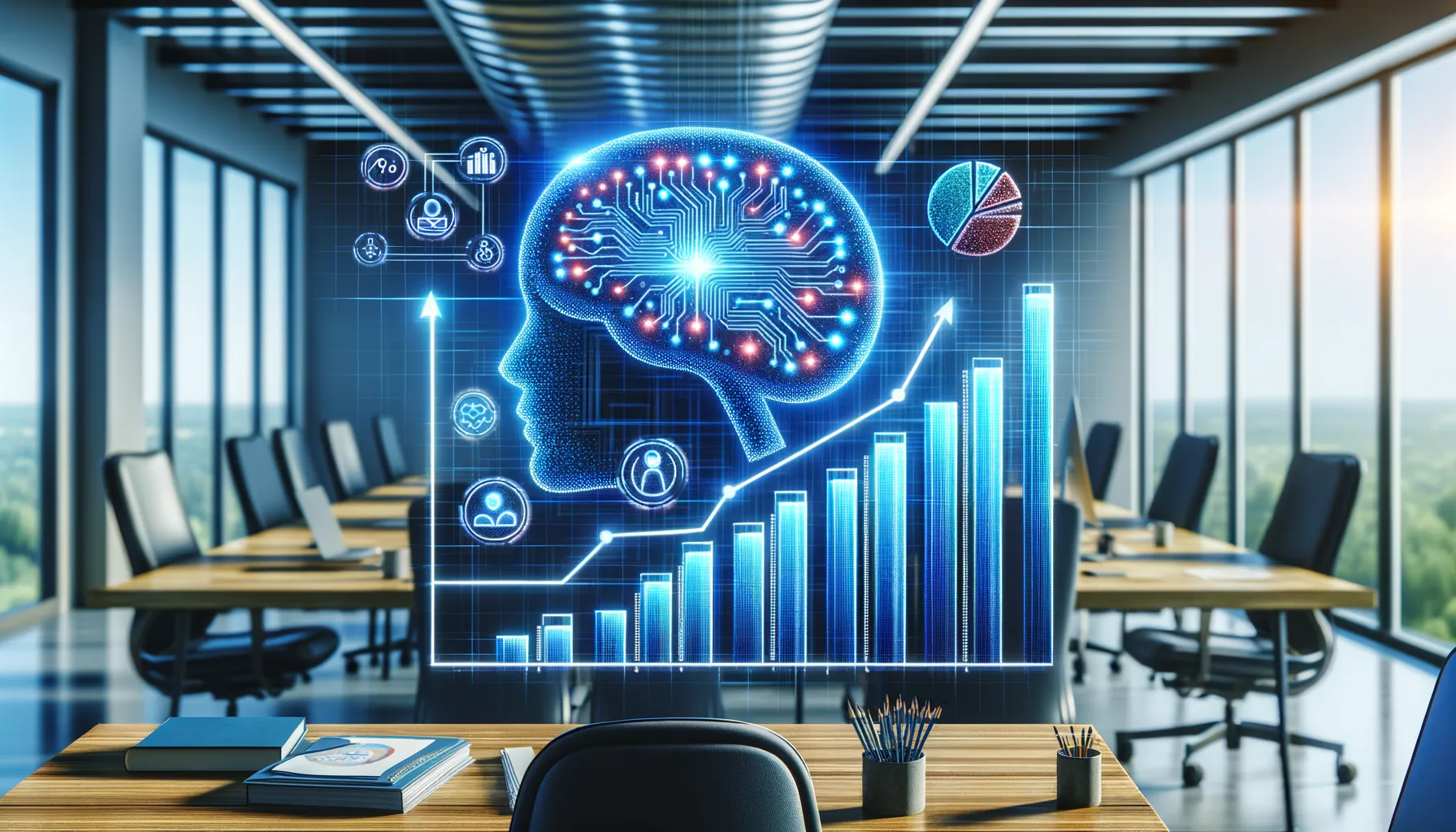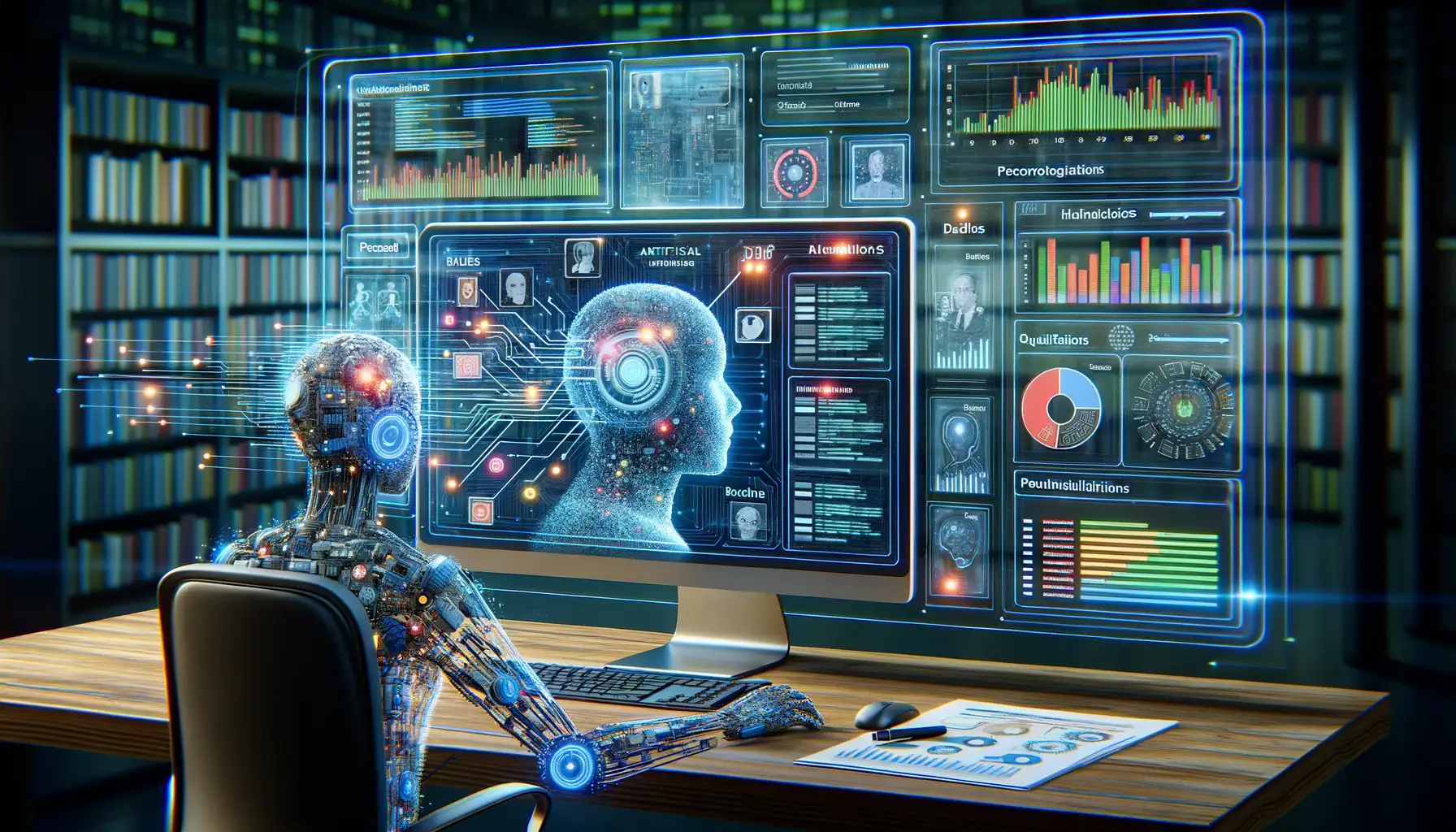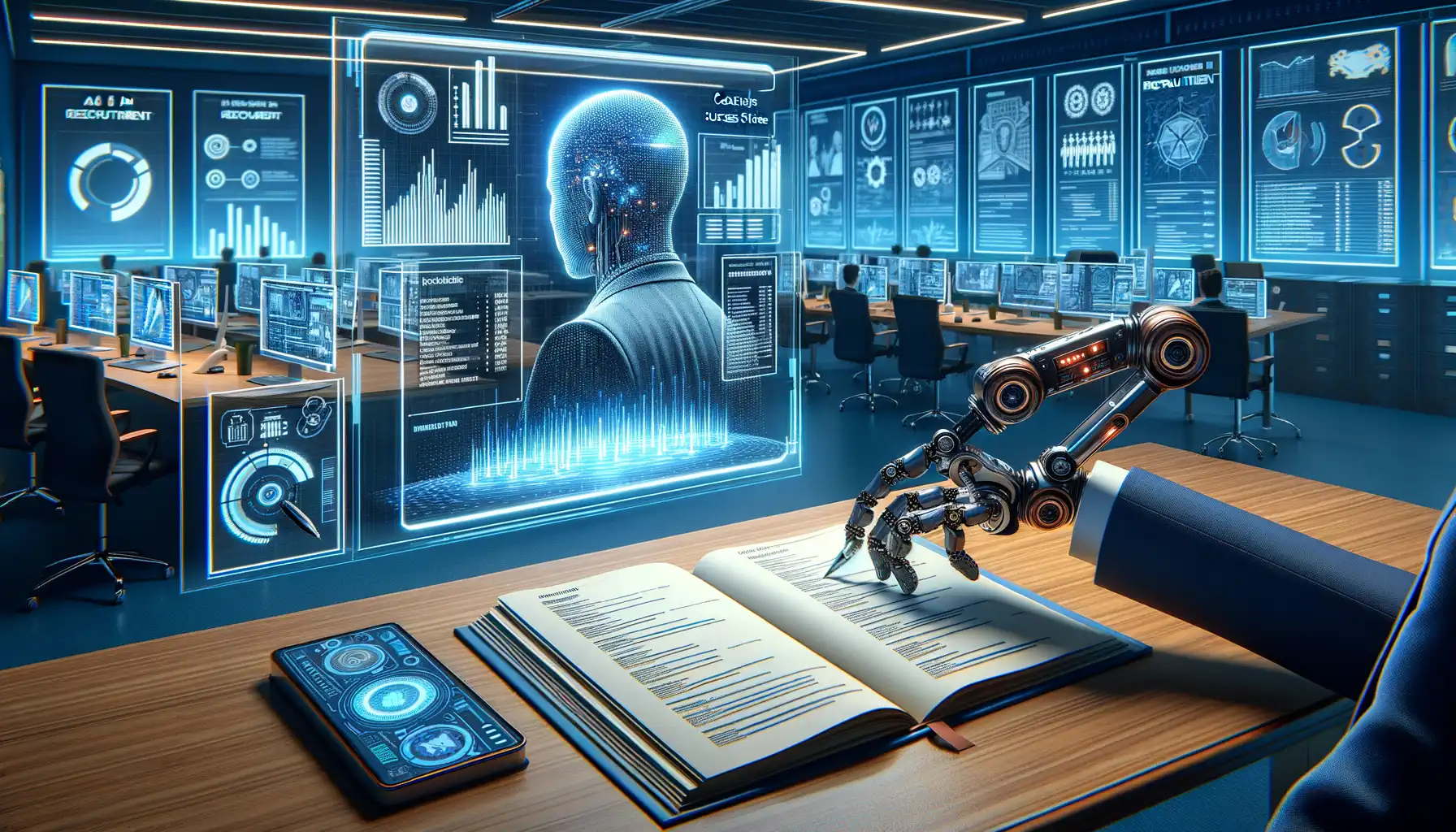Understanding AI-Driven Analytics in Job Placement
What Makes AI-Driven Analytics a Game-Changer in Job Placement?
Imagine walking into a bookstore that knows exactly what kind of story you’re in the mood for, without you saying a word. That’s what AI-driven analytics does for job placement—it deciphers the unspoken needs of both candidates and employers, creating magical matches that feel almost intuitive.
At its core, this technology dives deep into oceans of data at lightning speed. It’s not just about skimming through resumes or LinkedIn profiles; we’re talking about analyzing patterns, skills, and even subtle career aspirations. AI can detect trends most humans might miss, like how a candidate’s freelance photography hobby could signal creativity in design roles or leadership potential in unexpected places.
- It studies millions of job descriptions to pinpoint skills that truly matter—not just what’s listed as “required.”
- It identifies gaps where extra training could transform an applicant into a perfect fit.
- It goes beyond words, considering personality traits and cultural alignment.
Why Human Effort Alone Can’t Keep Up
Think of it this way: without AI, recruiters are trying to cook a gourmet meal with half the ingredients hidden. Sure, human intuition is invaluable, but when faced with thousands of resumes, intuition can buckle under pressure. This is where AI becomes the sous-chef every recruiter needs.
With real-time analytics, job placement is no longer a guessing game. Candidates aren’t judged solely by buzzwords or outdated frameworks; instead, their true potential shines. For example, AI doesn’t just see “marketing experience.” It understands whether your experience aligns with digital agency dynamism or corporate brand building.
The result? More than placements—transformations.
Key Benefits of Using AI for Job Placement Optimization

Revolutionizing Job Placements with AI Precision
Imagine sifting through a mountain of resumes, searching for that perfect match between a candidate and a role. Exhausting, isn’t it? Now, picture an intelligent assistant doing this at lightning speed—accurately aligning skills, experiences, and potential. That’s the magic of using AI-driven job placement tools.
With AI, forget about guesswork. These smart systems analyze data patterns in ways humans simply can’t. They dig deeper into resumes, pulling out hidden gems like niche skills or hobbies that align beautifully with company culture. Employers get employees who truly “fit,” and candidates land jobs where they thrive. It’s like matchmaking, but for careers.
- Personalized Job Matches: AI connects people to roles tailored to their strengths, not just their experience, making every placement more fulfilling.
- Bias-Free Decisions: Unlike humans, algorithms remain neutral—creating fairer opportunities where talent wins over stereotypes.
Saving Time and Unlocking Potential
Think about the hours spent on recruitment—you could write a novel in that time! AI trims the process down dramatically. For employers, this means faster hiring cycles; for job seekers, it’s fewer sleepless nights wondering if their resume got lost in someone’s inbox. And here’s the kicker: AI doesn’t just save time, it unlocks *better outcomes*.
How AI Matches Candidates to the Right Jobs

The Science of Skill Matching Unveiled
Imagine sifting through a haystack to find that one golden needle—you’d be at it forever, right? That’s the manual job-matching process in a nutshell. Enter AI-powered job placement, and suddenly, our haystack transforms into a treasure map with glowing markers. AI doesn’t just glance at your resume; it dives deep, analyzing your skills, experiences, and quirks like a curious detective unraveling a mystery.
Through complex algorithms and mind-bending machine learning, it asks *the* critical question: “What truly makes this candidate tick?” AI considers everything from qualifications to even those dream-job vibes you thought only belonged in casual coffee chats. Need proof? These systems can identify hidden transferable skills—say, spotting how your mad passion for gaming can translate into top-notch problem-solving abilities in software development.
- Hard skills? Check.
- Soft skills? Double-check.
- Cultural fit? You bet.
But AI doesn’t stop there. It further cross-references real-time market data, job descriptions brimming with detail, and employer preferences. The result? Recommendations so accurate, they feel eerily personalized—like a tailor hand-stitching your next career move.
A Personal Guide Through Opportunities
Think of AI as your career compass. Not only does it point north, but it might also say, “Hey, you’d rock that spot just west of here!” Sophisticated platforms like ATS (Applicant Tracking Systems) or career matchmaking tools act as guides, nudging candidates toward positions that align with their untapped potential. Picture this: you’re a budding graphic designer with a dash of marketing know-how. AI connects those dots, suggesting roles like a creative strategist where both skillsets shine.
It’s like having a hyper-intuitive recruiter who’s also a tech genius, always ready to whisper, “This job? It’s made for you.” Your next role isn’t just listed; it’s illuminated.
Case Studies and Success Stories of AI in Recruitment

Real Stories That Showcase the Impact of AI on Hiring
What happens when you bring the power of AI-driven analytics into recruitment? Picture a startup drowning in resumes—thousands of hopeful candidates but no efficient way to sift through the noise. Enter an AI-powered hiring system. Within weeks, it not only flagged top-tier talent but also discovered hidden gems: a graphic designer with unconventional experience who later became their creative lead. That’s not just success; that’s a recruitment revolution.
Now consider this: A retail chain struggled with high turnover rates. Every hire felt like rolling dice. By implementing AI analytics tools, they uncovered patterns no human would notice—hiring people within 10 miles of stores led to longer tenures. Their retention skyrocketed by 30%!
- An AI in healthcare recruitment found a nurse whose skillset matched a rural clinic’s needs exactly. That placement improved both patient care and employee satisfaction.
- A financial firm reduced bias in hiring by 40% after letting AI suggest candidates based solely on skills—not names or alma maters.
The results? Transformative. These stories aren’t anecdotes—they’re blueprints for what’s possible when opportunity meets technology.
Future Trends in AI-Driven Job Placement Solutions

Revolutionizing Recruitment with Cutting-Edge AI Innovations
Picture this: in just a few years, job placement might feel like having your personal career GPS. Thanks to the surge in AI-driven technologies, the future of hiring isn’t just about efficient matches – it’s about crafting an individualized experience for both candidates and employers.
We’re already seeing a shift toward AI systems that don’t just crunch numbers but actually “understand” the unique nuances of people’s abilities and ambitions. Here are some of the exciting trends reshaping this space:
- Hyper-personalization: AI is evolving to not only analyze resumes but also gauge soft skills, cultural alignment, and even long-term compatibility with company values.
- Real-time adaptability: Imagine job recommendations that adjust as you gain new skills or certifications, keeping your career trajectory always one step toward your goals.
These tech advancements make recruitment smarter but, dare we say, also more human. A bot might analyze spreadsheets, but now it might also ask, “What kind of work lights you up? What career path makes you thrive?” What’s not to love?
AI-Driven Diversity & Inclusion Efforts
Hiring has long battled biases, both conscious and unconscious. But the latest crop of AI recruitment tools is poised to become a true ally in fostering diversity. By stripping away identifiers like names or locations during initial screenings, these systems focus purely on qualifications and potential.
What’s even cooler? Companies are starting to use AI for targeted outreach, seeking out candidates from underrepresented groups. Not to tick a box—but because they recognize the value of diverse perspectives. We’re talking about a sea change where inclusion isn’t an afterthought – it’s part of the blueprint.
In the end, it’s not about replacing recruiters; it’s about empowering them. With AI as their secret weapon, hiring teams can focus less on paperwork and more on meaningful connections.







